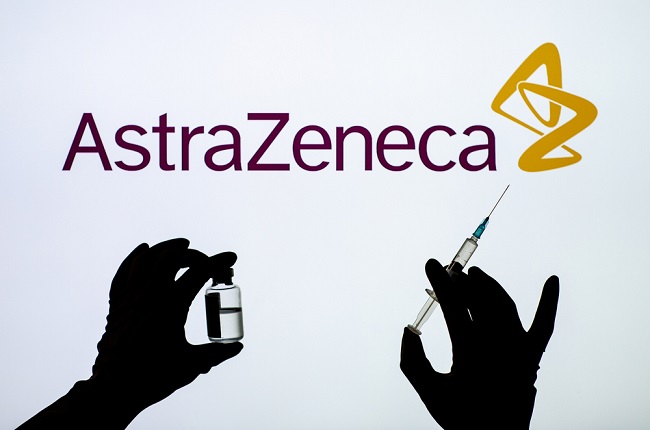Boils, also known as furuncles, are lumps on the skin that are filled with pus and are painful. Treatment of boils can generally be done independently at home, but there are also some boil conditions that need to be treated by a doctor.
In most cases, boils form as a result of a bacterial infection at the site of hair growth (hair follicles). Boils can form almost anywhere on the body, including the face, back of the neck, armpits, thighs, and buttocks.

Boils can also appear in large numbers and form a connected infection area under the skin. This condition is called a coir ulcer or carbuncle. If left untreated, boils or carbuncles can lead to serious complications, such as brain abscess and sepsis .
Treatment of boils is adjusted to the severity. The treatment can be in the form of self-care at home, the use of oral antibiotics, or surgery.
Boils treated with Self Treatment
Small boils, only one in number, and not accompanied by other diseases can generally be treated only with self-care at home. The following are some self-care that can be done to treat boils:
warm compress
Give a warm compress on the boil or soak the boil in warm water with a temperature of about 38-40 degrees Celsius for 15-20 minutes. This will reduce the pain and speed up the outbreak of the boil.
Clean the boil with antibacterial soap
After the boil bursts and begins to dry, clean the boil with antibacterial soap until all the pus is gone, then clean it again with a cloth or cotton swab dipped in alcohol. Next, apply an antibiotic ointment (topical antibiotic) and cover the wound with a bandage.
Topical antibiotics that can be given include fusidic acid, clindamycin, and mupirocin. Apply the antibiotic to the boil 2-3 times a day, and make sure the wound is cleaned before each time you want to give the medicine.
Avoid popping boils
Do not accidentally pop the boil with a needle or any object. This is because this action can actually worsen the infection, and can even cause the infection to spread to other parts of the body.
Boils treated with oral antibiotics
Doctors can prescribe oral antibiotics to treat boils that are accompanied by fever, swollen lymph nodes, and skin infections (cellulitis).
Oral antibiotics that are usually given are: penicillin . This drug is generally taken 2 times a day for several weeks.
If oral antibiotics are not effective, the doctor will carry out further examinations to detect the type of bacteria causing the infection and determine the appropriate treatment method to deal with it.
Boils that need surgery
See a doctor right away if the boils you have are intense, more than one in number, or are large and won't burst. In this case, the treatment of boils may need to be done with antibiotics and surgery.
In treating boils with surgery, the doctor will make an incision in the boil and create a channel to drain the pus (drainage). For infections that are deep and cannot be completely cleared during surgery, the doctor will place sterile gauze on the boil to absorb and drain the remaining pus.
If the ulcer scars are painful after surgery, bleed, or cause signs of infection, immediately return to the doctor so that treatment can be given as soon as possible.
Written by:
dr. Sonny Seputra, M.Ked.Klin, Sp.B, FINACS
(Surgeon Specialist)









